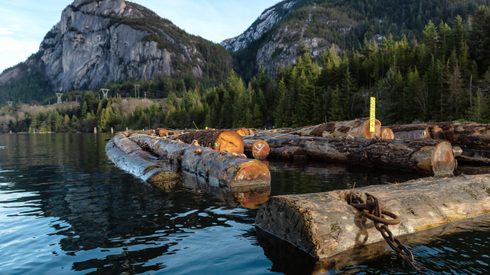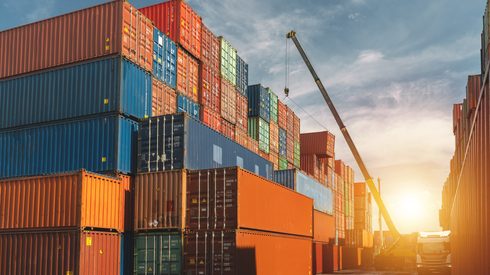When, if ever, will US mills be able to take advantage of the global green steel push?
Buyers are pushing back hard on the idea of paying more for the same steel they’ve always bought. The US hot-rolled coil market is already considerably higher than the equivalent markets in Europe and Asia.
It’s also already considerably cleaner, as about 70% of the domestic industry is made up of electric arc furnace production, according to the American Iron and Steel Institute.
That cleanliness came at a cost over decades of investment, however – and more will be needed to push average carbon emission levels down to the green steel level. Some of the cleanest mills in the world have a global warming potential (GWP 100) rating of 1.01. Those figures range up to 2.25 for some US integrated mills.
Fastmarkets’ carbon emission threshold, roughly analogous to the GWP 100, is 0.7 tonnes CO2 equivalent per 1 tonne of steel. The full methodology can be found here.
So far, it appears that no domestic mills are currently collecting a premium on green steel within Fastmarkets’ spec. In Europe and Asia, it’s a different story – premiums are being collected regularly and at a level that puts European and Asian green steel on price-par with regular, non-green US hot-rolled.
Complete our green steel survey
Complete our short survey below to help us gather market sentiment around the future of green steel.
Without a bottom-up push for green steel, some market players are looking to government incentives like the “Buy Clean” program – or possibly government mandates, in the form of a carbon tax.
There is also the possibility of a carbon border tariff, similar to the EU’s Carbon Border Adjustment Mechanism. Enabling bills like the PROVE IT Act are already moving through Congress to direct federal carbon monitoring of domestic and imported products, including steel.
That’s been championed by various trade groups, notably the American Iron and Steel Institute.
“Federal roads, bridges, highways and other infrastructure projects use a lot of American steel, which is the cleanest steel in the world. This initiative will create a much-needed database that will immensely improve reporting for numerous stakeholders and help reduce environmental impacts,” Kevin Dempsey, AISI president and chief executive officer, said on Tuesday July 16.
Learn how our green steel and low carbon steel raw materials pricing options can help your business to meet its sustainability goals. Talk to us today.







